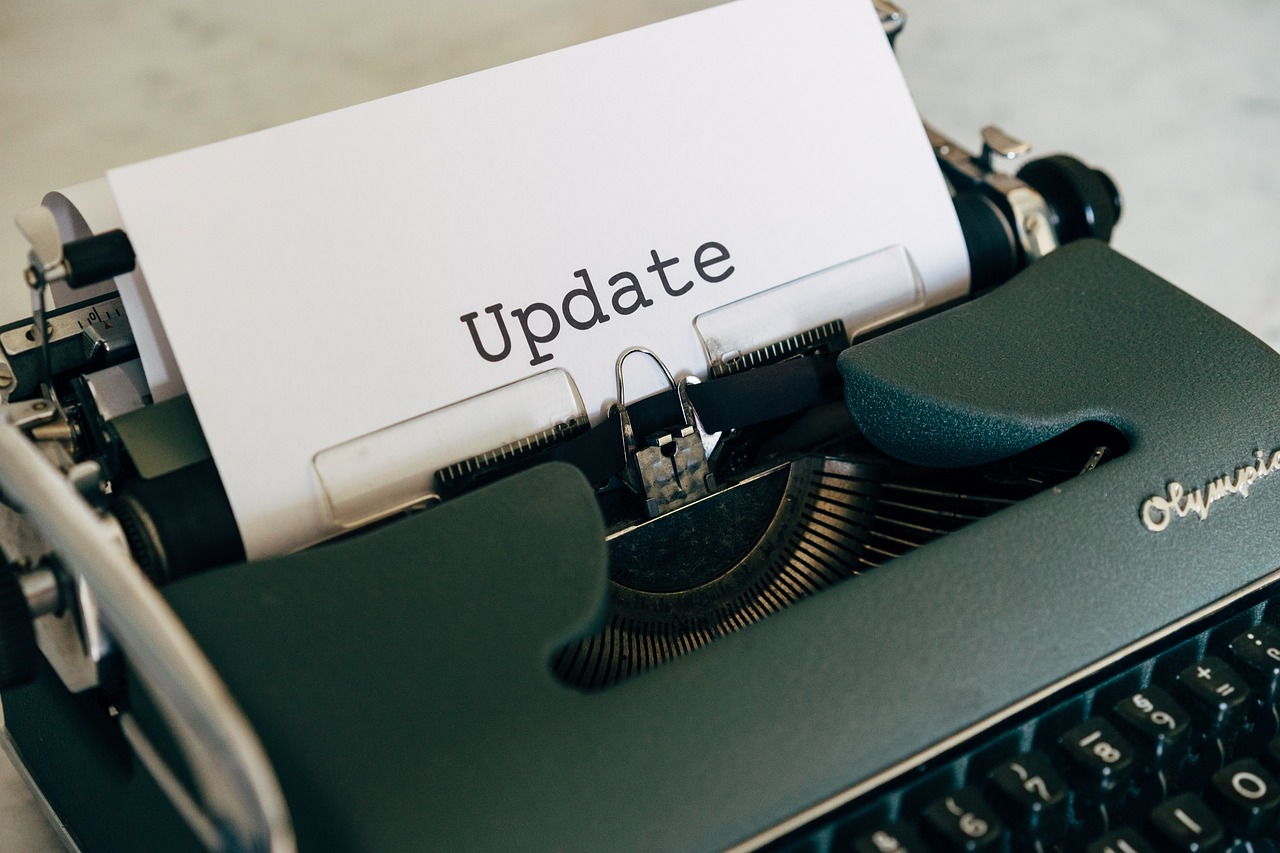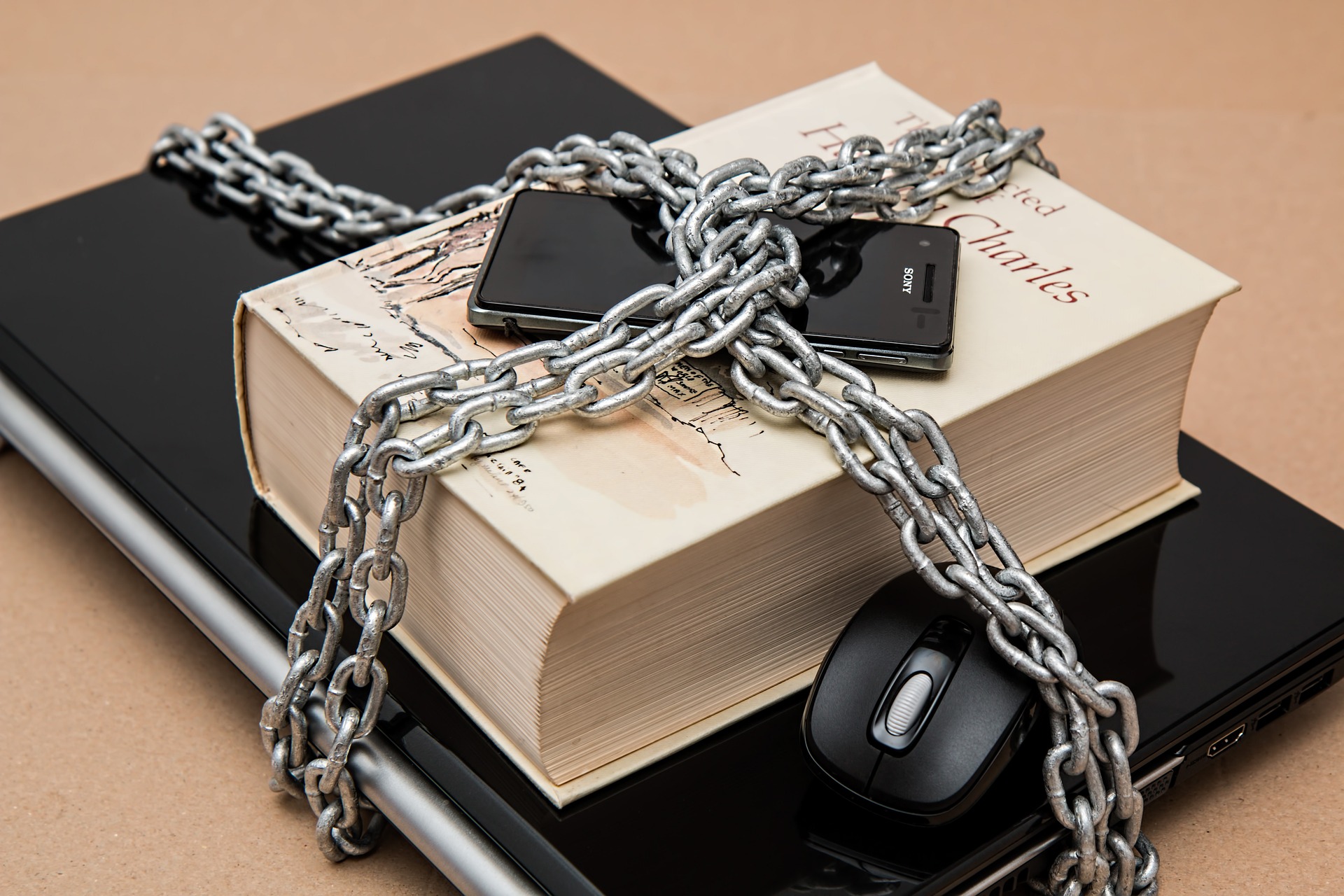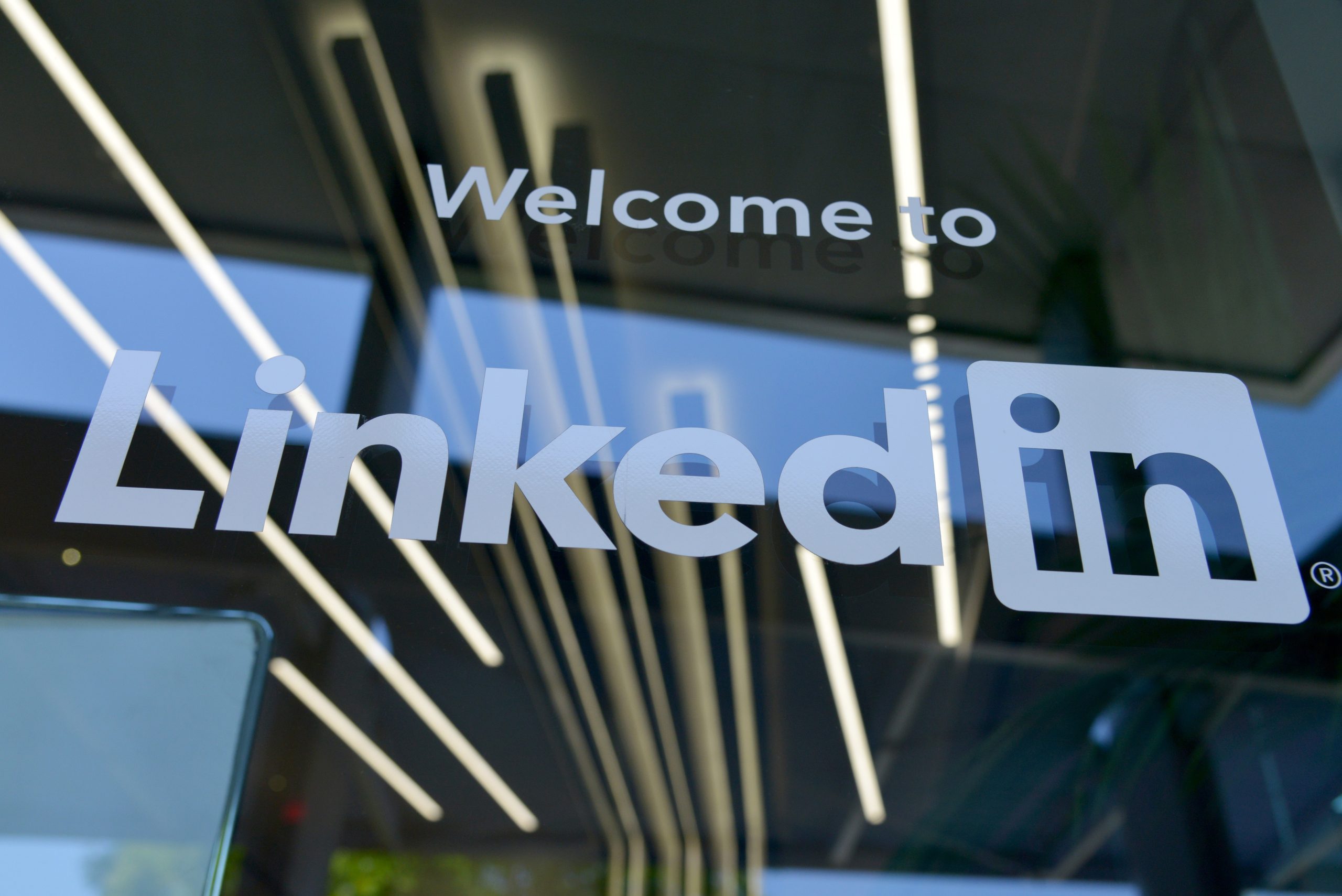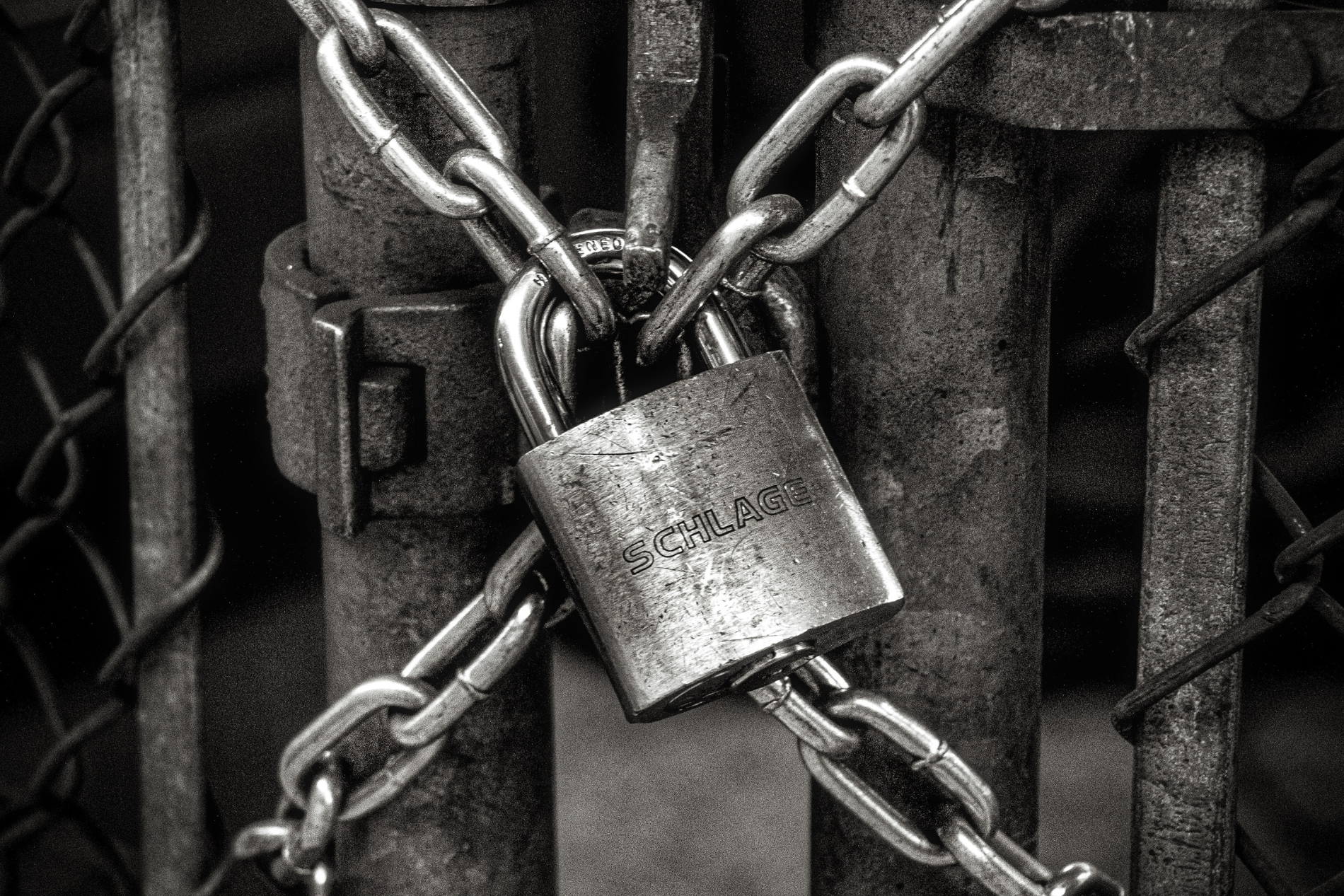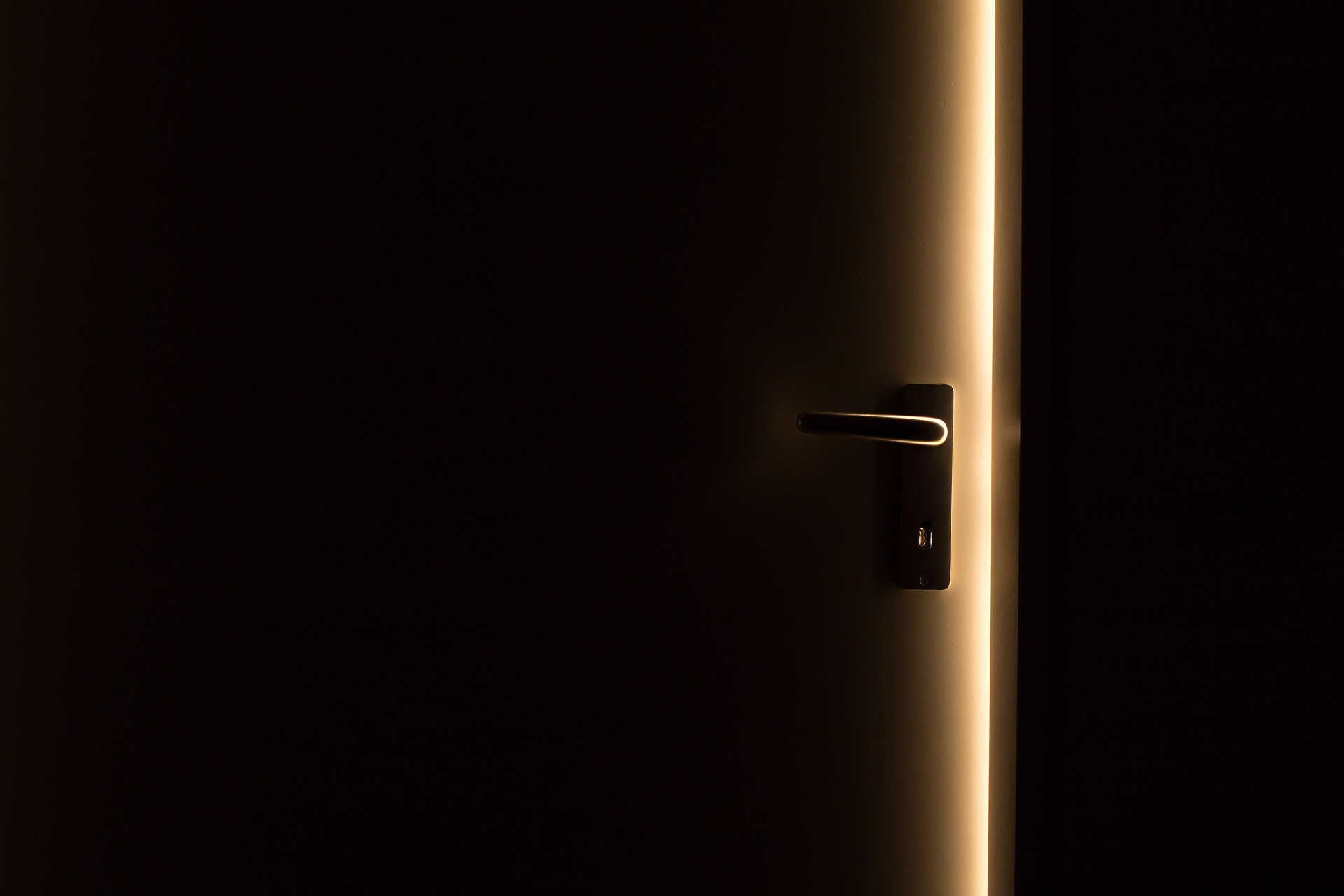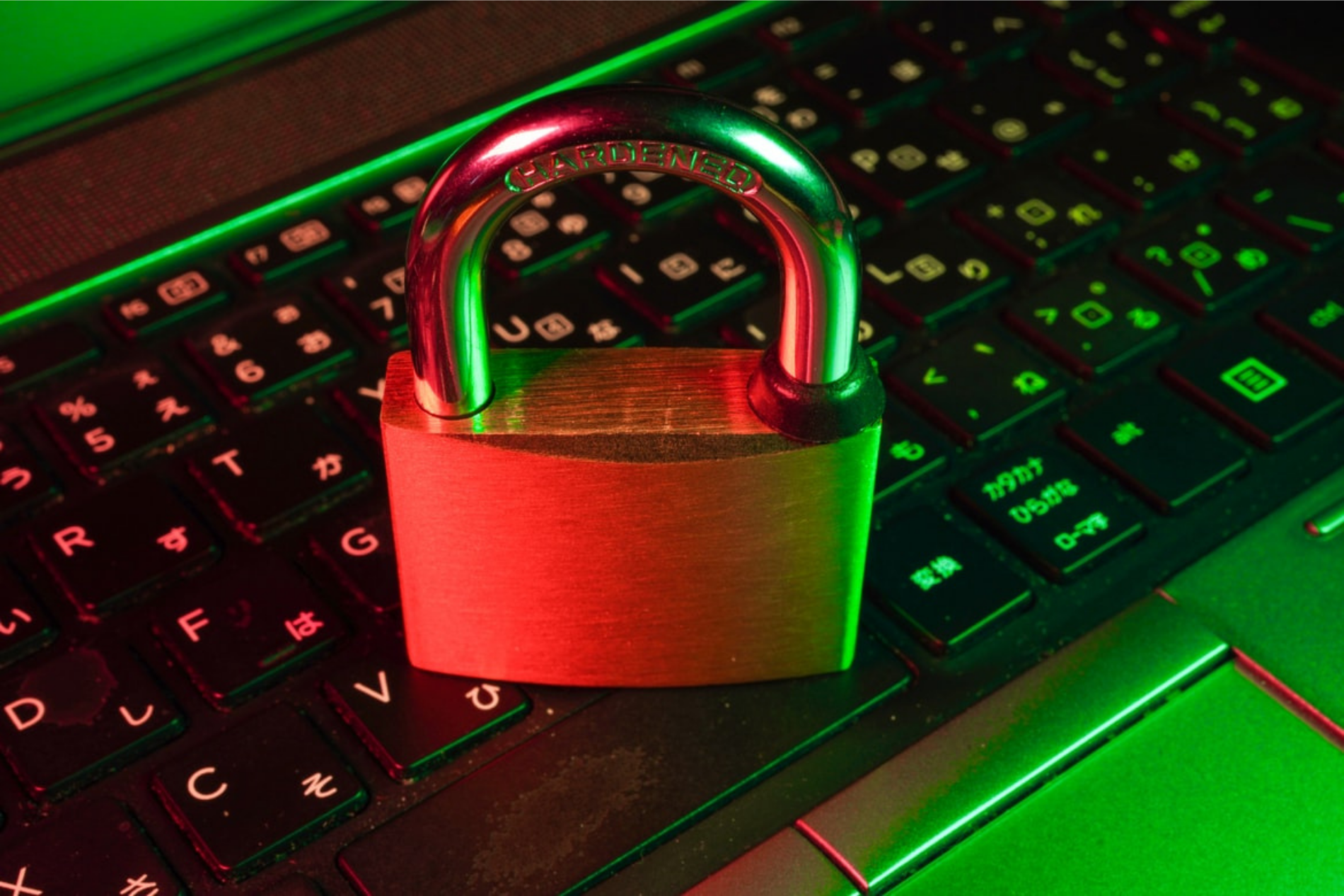For years, one of the more common pieces of password advice has been to ensure that you’re regularly changing it.
It might come as a surprise to you then, that advice is now out of date and you don’t need to be changing your passwords regularly. Previously, Microsoft’s advice was that passwords should be changed every 60 days, but now they’ve changed their advice, referring to the practice as “an ancient and obsolete mitigation of very low value.”
Why shouldn’t I change my password regularly?
We’re sure you won’t recognise yourself in this (you’ll probably recognise yourself in this), but we were finding that a lot of people were using a weak password to start with, and then just changing it up every 60 days when Microsoft prompted them to change it. So instead of ManUnitedAreGreat123 It might have changed to ManUnitedAreGreat234.
This is probably less secure than having a strong password, but not changing it.
Here are our top 3 tips for dramatically improving your cyber security (in most cases, these really will constitute a dramatic improvement).
Random generation
For super strong passwords, use a random password generator to set long passwords made from a mix of upper and lowercase letters and other random characters. It’ll look like gobbledegook, but it’ll be secure gobbledegook.
Use a password manager
How are you supposed to keep track of these unmemorable strings of nonsense? Pop them in a password manager! The next time you go to log in, it will even autofill it for you – easy as peas!
Turn on Multi-factor authentication
We’ve spoken about this quite a lot, but by turning this on you can prove that you’re you which will stop a hacking attempt dead in its tracks.
If you’d like us to take a look at your data security setup as it is at the moment, give us a call on 01732 617788 or drop us an email to [email protected]. We can ensure you’re heading in the right direction, and that your passwords security stands up to scrutiny.














